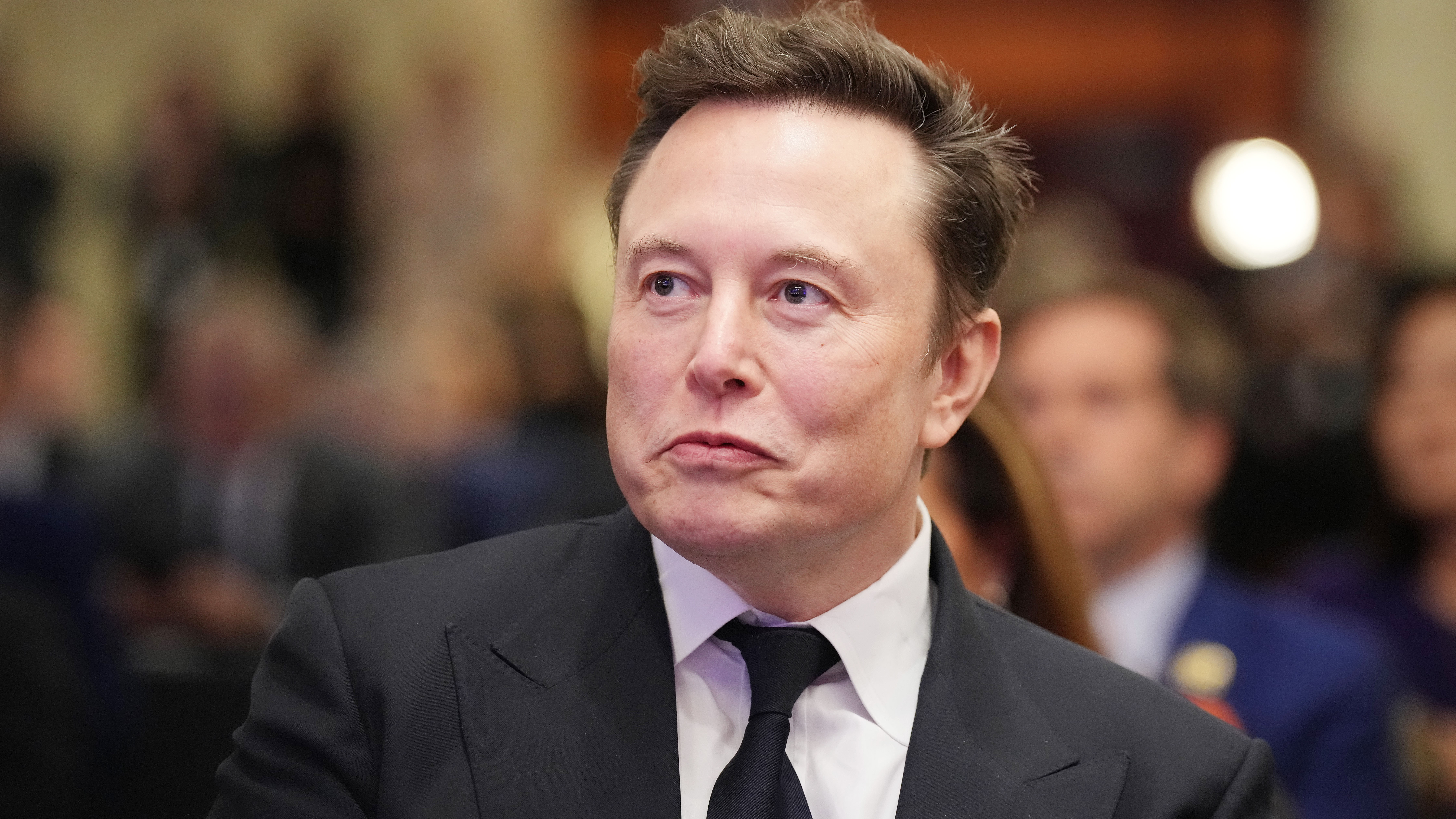Groupon may have been one of the least-known companies to advertise on Super Bowl Sunday, but it’s getting a lion’s share of the day-after buzz.
Too bad it’s for the wrong reason.
The online deals site managed to attract the scorn of customers, brand experts and even some Chinese residents with a pair of ads that seemed to make light of the fraught political situation in Tibet and deforestation in Brazil.
Both ads followed the same formula.
In the Tibet ad, sweeping views of Tibet and a serious voiceover about the troubles facing the region gives way to Timothy Hutton gloating about a Groupon deal he got for Tibetan food.
In the other ad, Elizabeth Hurley narrates a voiceover on the Brazilian rainforest before concluding cheerily that not all deforestation is bad, referring to a Brazilian bikini wax.
(You can watch and rate all the Super Bowl ads here.)
Tech
A slew of Twitter posts complained that the ads were offensive and off the mark, drowning out those who thought they were funny.
“Well. Off to buy a new #Chrysler, drink a #Coke, switch to #Verizon, unsubscribe to #Groupon and fire #GoDaddy. Night #superbowl #brandbowl” @Reputationista, aka reputation counselor Linda Locke, tweeted.
New Yorker writer Tad Friend tweeted ”groupon's tibet commercial was so appalling it made me cancel their daily email; it turned a vague dislike into enmity.”
Others began tweeting faux Groupon ads, taking a similar tack with issues as global warming, homelessness and crime rates.
A slew of negative Twitter posts is one thing, but others questioned whether the ads could have serious consequences for the fast-growing company's international expansion.
NBC’s Adrienne Mong, writing on the Behind the Wall blog, said the ads “managed to do the seemingly impossible: unite the Free Tibet crowd with China nationalists in their outrage at the commercial.”
The website paidContent.org was one of many to compare the ads to fashion retailer Kenneth Cole’s flubbed Twitter post last week. That retailer was lambasted for appearing to make light of the protests in Egypt by joking that they were rallying over the company's products.
The ad controversy comes just months after Groupon reportedly rebuffed a buyout offer from Google — a master at the Super Bowl ad — and amid rumors that Groupon may be prepping for an initial public offering.
Chicago-based Groupon has traditionally reveled in its quirky nature. On a “Today” interview late last year, company CEO Andrew Mason deflected a question about Google’s rumored offer with a meandering story about his childhood.
In a blog post on its website, Groupon conceded that Super Bowl ads are hard to do well and noted that “Our peculiar taste in humor made it really hard for outside agencies to come up with concepts we liked.”
The company said it settled on the mockumentary format because of its philanthropic origins. The ads on its website feature links to donate to the causes the ads makes light of.
“Since we grew out of a collective action and philanthropy site (ThePoint.com) and ended up selling coupons, we loved the idea of poking fun at ourselves by talking about discounts as a noble cause,” the company said in the post.
Some users said they liked the ads. But even on its own turf, Groupon was drawing criticism.
One user commented: “You guys have a fine coupon site. Probably, though, you should stay out of politics.”



